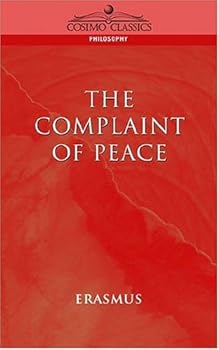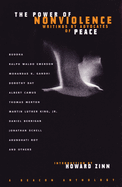 Libraries are the most American of institutions: community-based, democratic, pull-yourself-up by- your-own-bootstraps gathering places. Libraries were kicked off in this country by the most American of our founders: the self-made , earthy, inventor-scientist polymath Ben Franklin.
Libraries are the most American of institutions: community-based, democratic, pull-yourself-up by- your-own-bootstraps gathering places. Libraries were kicked off in this country by the most American of our founders: the self-made , earthy, inventor-scientist polymath Ben Franklin.
Libraries are about community. They are a barn-raising or quilting bee for the mind, especially the young mind. Everyone pools their resources so we can all have more than anyone of us could individually have access to when we need it. and when we don’t need it, we leave it their for someone else to use. Libraries are the well in the town square, where all can draw water and all have a stake in keeping them available. Continue reading TWL: Libraries










